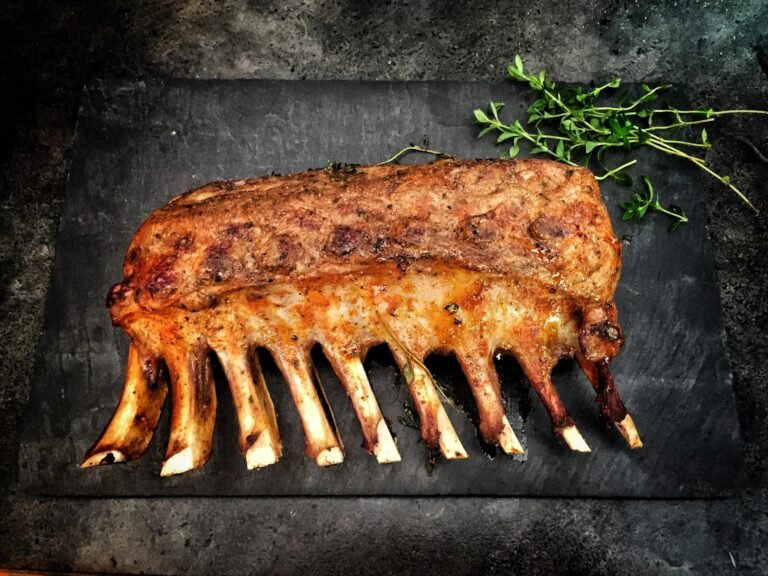Introduction
Starting the Carnivore Diet can be a big change for your digestive system, and it’s common to have questions about how to manage issues like constipation and diarrhea. In this blog post, we’ll address some frequently asked questions about these concerns and offer tips to help you stay comfortable on your meat-based journey.

What is the Carnivore Diet?
Before we dive into the specifics, let’s briefly cover what the Carnivore Diet entails. This diet focuses exclusively on animal products—think beef, pork, chicken, fish, and eggs, with some variations allowing for dairy. By eliminating plant-based foods, you’re shifting your body’s usual fuel source and potentially experiencing new digestive dynamics.
Why Might I Experience Constipation on the Carnivore Diet?
Constipation can be a common issue when starting the Carnivore Diet, and here’s why:
- Lack of Fiber: Unlike a traditional diet, the Carnivore Diet is very low in fiber. Fiber helps move things along in the digestive tract, and without it, you might find yourself feeling a bit backed up.
- Dietary Adjustments: Your body is adjusting to a new way of eating. It may take time for your digestive system to adapt to a diet that’s high in protein and fat but low in carbohydrates and fiber.
Tips to Combat Constipation:
- Stay Hydrated: Drink plenty of water throughout the day. Adequate hydration is crucial for digestion and can help alleviate constipation.
- Add Electrolytes: Consider adding electrolytes to your diet to maintain balance and support digestive function.
- Include Fatty Cuts of Meat: Opt for fattier cuts of meat or add animal fats to your meals. Fat helps with digestion and can make bowel movements easier.
- Be Patient: Give your body some time to adjust. Constipation often resolves as your digestive system adapts to the Carnivore Diet.
Why Might I Experience Diarrhea on the Carnivore Diet?
On the flip side, some people experience diarrhea when they start the Carnivore Diet. Here’s what might be going on:
- Increased Fat Intake: When you suddenly increase your fat intake, your digestive system might react with diarrhea as it adjusts.
- Dietary Changes: Just like with constipation, your body needs time to adapt to this new eating pattern. Changes in diet can temporarily disrupt digestion.
Tips to Manage Diarrhea:
- Gradual Transition: If you’re experiencing diarrhea, consider easing into the Carnivore Diet more gradually. Slowly increasing your meat intake can help your digestive system adjust.
- Monitor Fat Intake: If you’re consuming a lot of fatty cuts of meat or added fats, try reducing them slightly to see if it helps with diarrhea.
- Keep Hydrated: Diarrhea can lead to dehydration, so drink plenty of water and consider using oral rehydration solutions to stay balanced.
- Consult a Professional: If diarrhea persists or is severe, it’s a good idea to consult a healthcare professional to rule out any underlying issues.
When Should I Seek Medical Advice?
Both constipation and diarrhea should improve as your body adjusts to the Carnivore Diet. However, if you experience:
- Persistent or severe symptoms
- Blood in your stool
- Significant weight loss
…it’s important to seek medical advice to ensure there aren’t any other health concerns at play.
Final Thoughts
The Carnivore Diet can offer a range of benefits, but the transition period can come with digestive adjustments. By understanding and preparing for common issues like constipation and diarrhea, you can make your journey smoother and more comfortable.
If you have any more questions or need support, feel free to reach out through our Contact Page or leave a comment below. And don’t forget to check out our Beginners Guide for more tips on starting the Carnivore Diet!
Happy Carnivoring!



